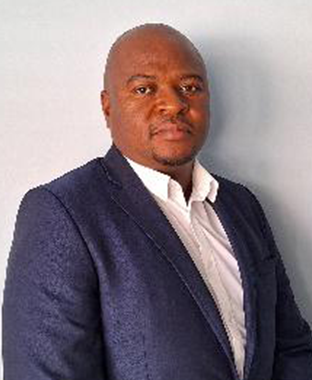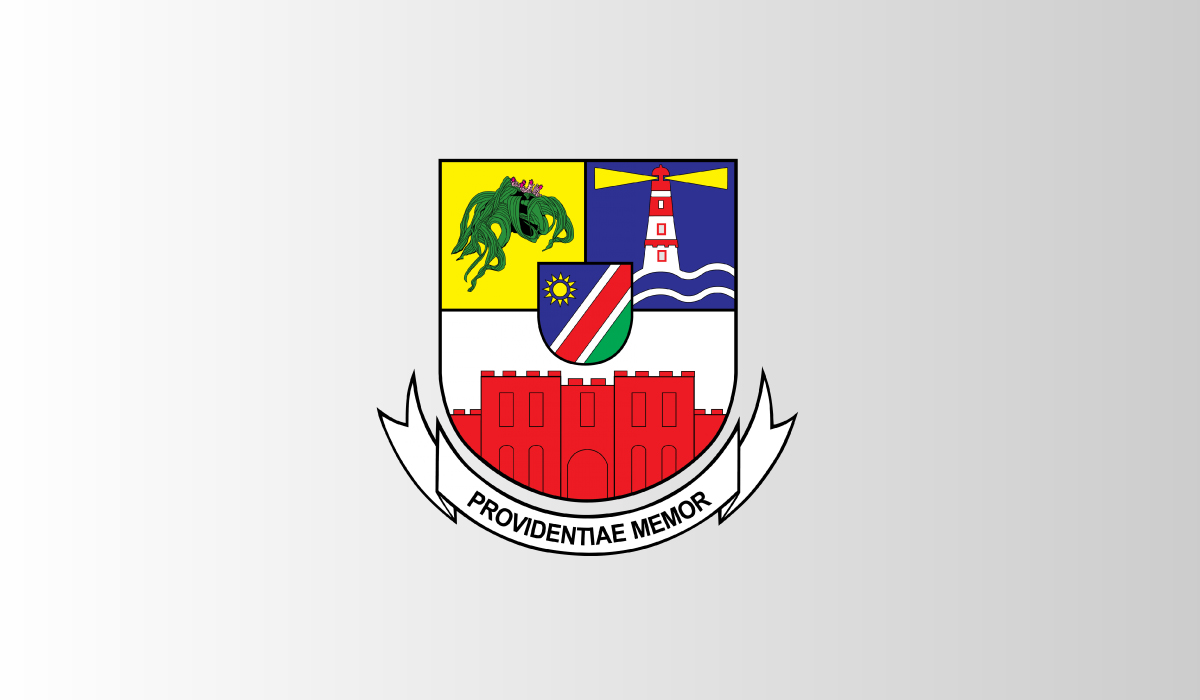Swakopmund Municipality is taking a lead role in Namibia’s transition to a more sustainable economy through its active participation in the CircuWasteVETAfrica project. The Erasmus+ project, funded by the European Commission, is advancing green skills and circular economy education across Africa’s Technical and Vocational Education Training systems.
In line with its mission to provide safe, efficient, reliable, and affordable services and infrastructure, Swakopmund Municipality has outlined a strategic development vision that includes organisational excellence, green and smart city initiatives, tourism and investment promotion, industrialisation, and becoming a regional education hub. The city’s involvement in CircuWasteVETAfrica reflects this commitment to innovation and capacity building
Their role in the project involves contributing to both knowledge and technical skills, developing durable partnerships between VET partners and their stakeholders’ ecosystem. They will also be working with other partners to map stakeholders and verify employers’ needs and skill gaps in the circular waste supply chain, design VET added value services based on the stakeholders’ needs and the competences acquired in the waste management and circular economy sector, and contribute to the VET public-private partnership framework model for capitalisation



Contributing to the project are three key professionals within the Municipality’s Health Services and Solid Waste Management Department. Abel Kationdorozu, the department’s manager, brings over 20 years of experience in environmental health services and serves on Namibia’s Advisory Committee on Waste Management under the Ministry of Tourism and Environment. Kluivert Mwanangombe, Section Head for Solid Waste Management, is an environmental and solid waste specialist with experience span both the mining industry and local government. Robeam Ujaha, an environmental health practitioner at the municipality, has been instrumental in upholding public health standards and has played an active role in international sustainable development collaborations.
They will be working closely with AREA, the project coordinator, Fondazione CNOS-FAP ETS from Italy, Minimos Quadrados from Portugal, while its African partners include VIS ANGOLA, Presbyterian Relief Services and Development, and Centro de Formação Profissional de São Tomé e Príncipe, Ghana, and São Tomé respectively. The municipality’s involvement in this project reflects its commitment to promoting sustainable development and educational innovation which exposes the region to a more inclusive, circular, and sustainable future.



